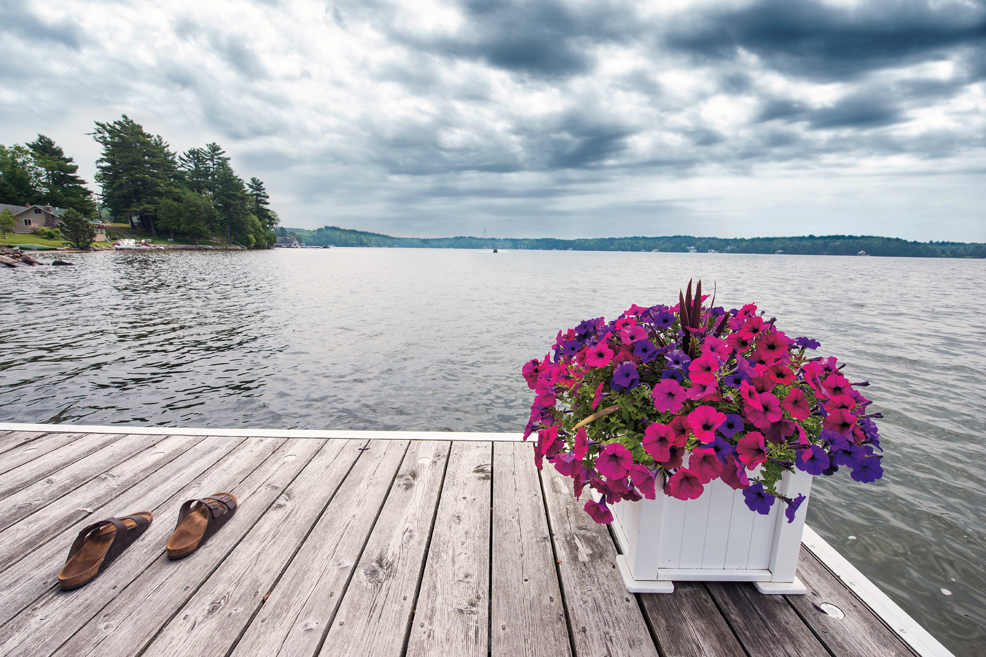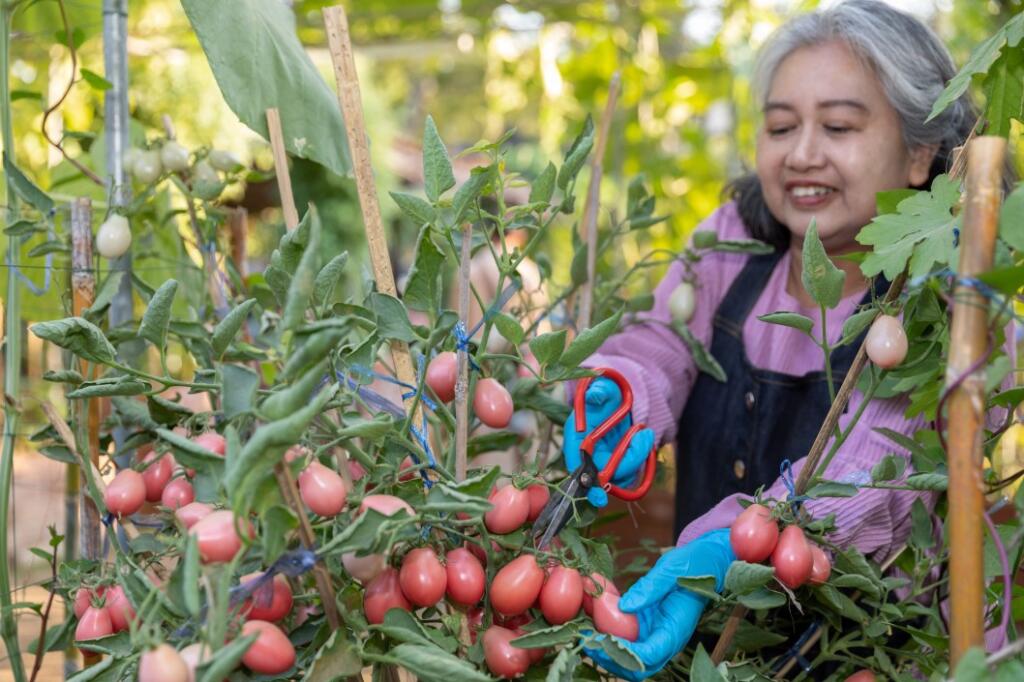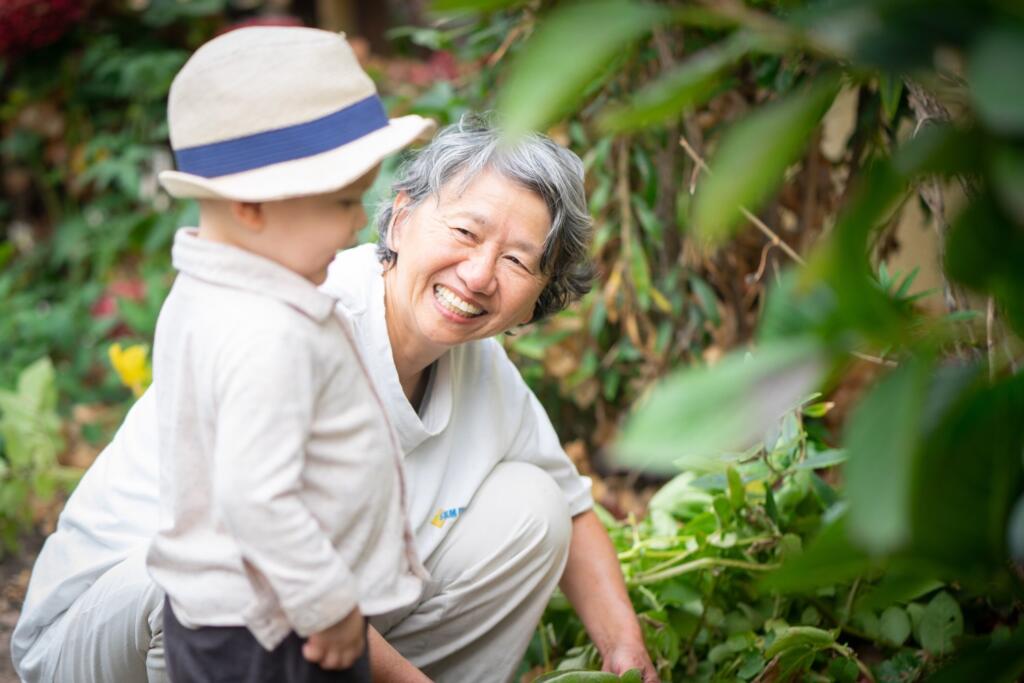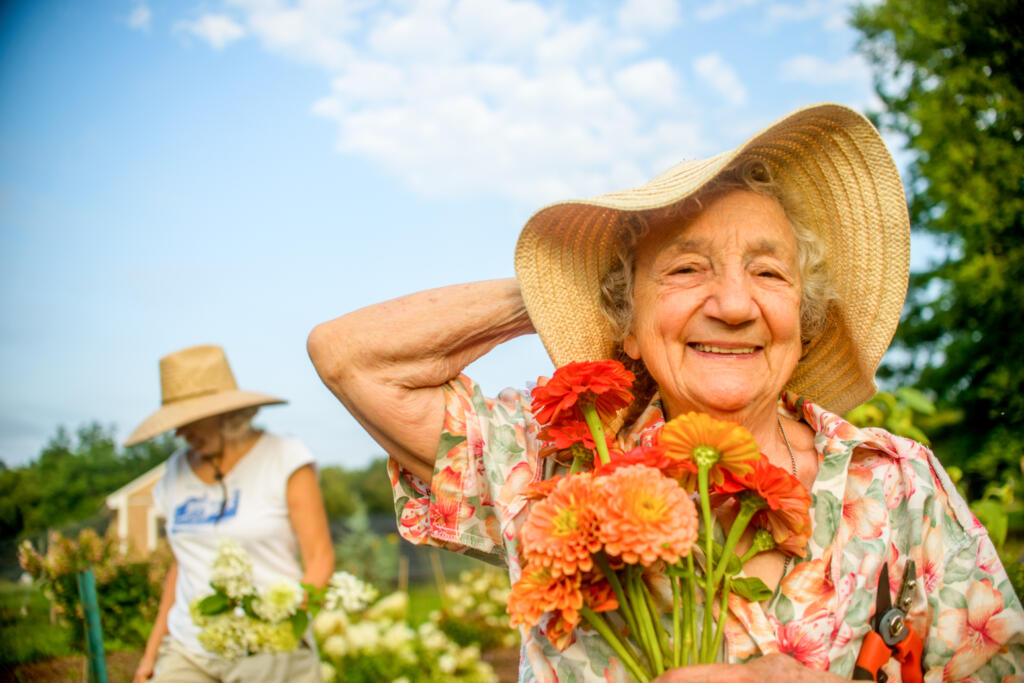
Lake living has plenty of mental health benefits. In addition to green space, blue space has a calming effect while the isolation from urban life reduces stress. And even better, leisure is good for you. However, these perks of lake life do not always guarantee freedom from anxiety. Even at the lake, stress and worry can creep in. According to the National Institute of Mental Health (NIMH), one in five adults currently experiences mental health struggles. Whether this describes you or you’re simply having a bad day, one common lake hobby is likely to help — and that is gardening.
Not only does gardening beautify your yard, but it’s also great for your mind. In fact, there’s a whole subfield of counseling dedicated to it. Horticultural therapy is a professional practice in which therapists guide clients through gardening experiences. More intensified than home gardening, its effectiveness highlights the power of plants. Sarah Schluep, a horticultural therapist at the Horticultural Society of New York, says, “Home gardeners benefit from being with plants in a very personal way, but it’s far less directed or intentional than a horticultural therapy program.”
Even if formal therapy isn’t for you, it’s clear that having a green thumb is valuable. Check out these three mental health benefits of gardening that we’ve learned from horticultural therapy.
Stress Reduction

Whether you are adding fertilizer to the soil or replanting an annual, caring for a plant necessitates focus and attention to detail. The level of intentionality required in gardening has a calming effect on your mind by keeping you in the present moment. This attention to present-focused details is also known as mindfulness, a skill that is highly effective in reducing stress and anxiety. Schluep adds, “Plants provide us an opportunity to practice care and attention while also encouraging us to be more intentional with our actions.” This degree of focus required in plant maintenance facilitates mindfulness, and in turn, reduces stress.
Increase in Hopefulness

One of the exciting things about gardening is watching plants grow. As a gardener, you are both an observer and a catalyst of your plant’s progress. This caretaking role can instill feelings of hopefulness, both for the plant and perhaps in your own life. Schluep says that in her therapy, she might ask her client, “As we remove the spent flowers to encourage new blooms, can you think of anything in your life that time has come to pass, which could allow new growth?” This question helps the client reflect on their own life. While you can certainly bring this introspective question from horticultural therapy to your gardening, it isn’t necessary. Simply observing a plant’s growth can increase feelings of hopefulness in its own right.
Happiness Boost

Have you ever finished a day of gardening feeling a little peppier than before? There’s a reason behind this. “Anyone who gardens is aware of all the good feelings that happen during and after spending time in the garden or caring for plants,” Schluep comments. “However, I feel that it’s relatively recent that it’s being spoken of in the mainstream.”
In one recent 2020 study from Princeton University, participants reported high levels of happiness after gardening. In fact, it ranked one of the top five reportedly meaningful activities, in addition to biking and walking. Part of this effect is chemical. One 2007 study found that a chemical in soil called Mycobacterium vaccae or M. vaccae releases serotonin when inhaled, which lifts your mood. This is the same chemical targeted in some antidepressant medications.
We all know that physical activity and fresh air are good for the brain, but we sometimes view gardening as a chore. While it does require hard work, the mental health benefits of gardening are worth the labor. So this summer, take a note from horticultural therapists and break out those gardening gloves!

